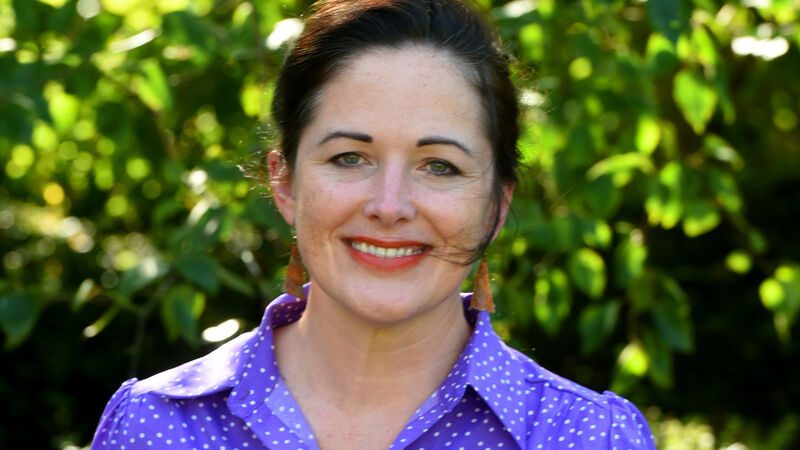Diary of an Irish Teacher: Do we trust teachers as an expert group?

Jennifer Horgan: The chapter got me thinking about my role as a teacher. Am I an expert
Post-pandemic, what needs to change? Well, everything, according to Vittorio Bufacchi. In fact, it’s the title of his latest book: Everything must Change.
The writer taught me in college, so I was keen to read it, but I’d recommend it to anyone. It’s a digestible and thoughtful book, detailing the many injustices highlighted by the pandemic and suggesting where we might go from here.







